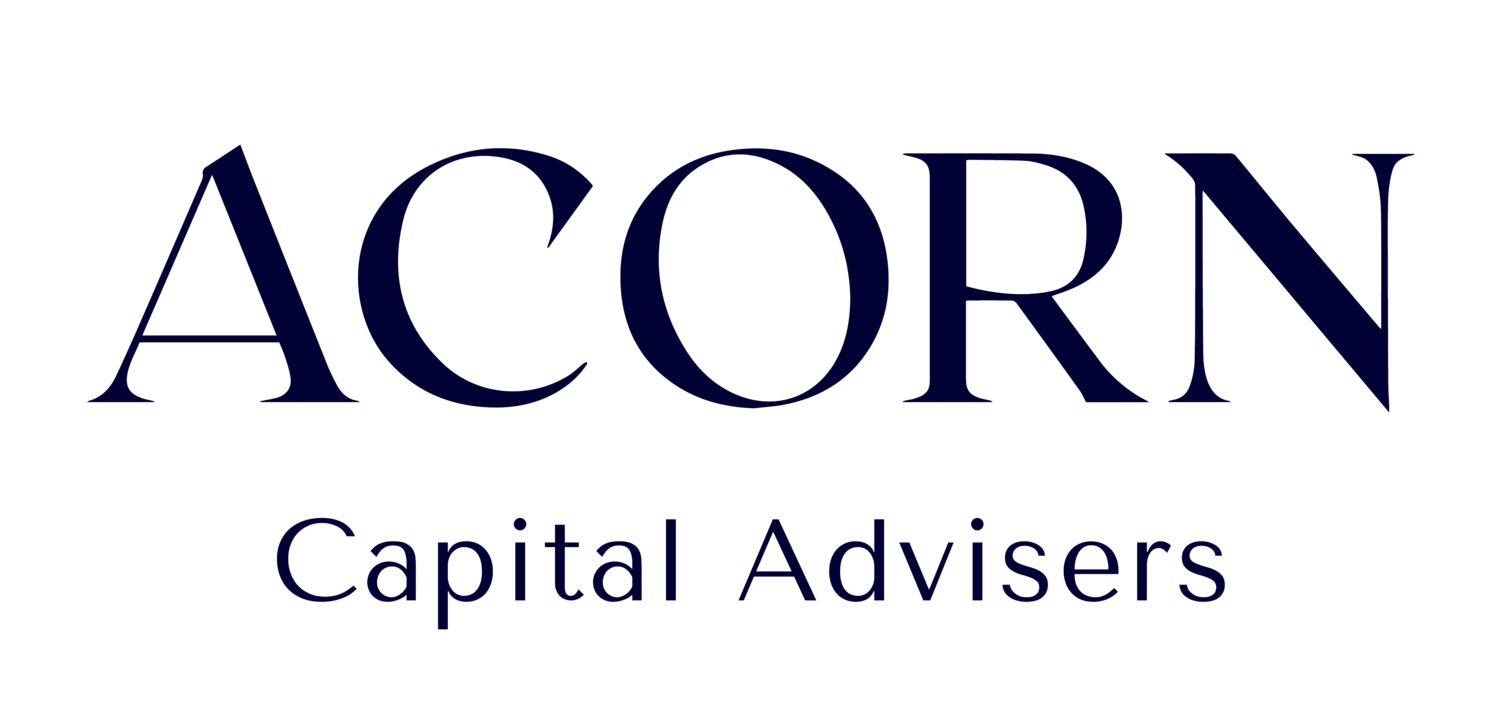Who watches the watchers?
Significant wealth comes with serious responsibilities, and family offices play an important role in helping families of wealth to manage, grow and protect their assets and coordinate the family’s most complex and important affairs. However, over time a family office must adapt and respond to evolving requirements, growing in complexity of assets and investment strategies, cost pressures and the changing environment.
But who watches those who are watching out for you?
In this article we share our views and practical experience of how independent reviews can help families continuously get the most value from their family office.
Why and when to review a family office?
Family offices are inherently private and, as a result, many operate in a bubble. Limited exposure to best practice can make it hard to maintain the highest professional standard. Consequently, we recommend that family offices should conduct a review at least every five years (ideally, three) so as to be able to adapt quickly to any shifting needs and stay at best practice.
Proactive reviews are a good way to ensure that family office structures, governance, operating model, talent pool, and systems remain fit for purpose to protect the family’s reputation and legacy. A review is essential when a major liquidity event is on the horizon, when there is wealth transition from one generation to the next and when there are changes in the family office C-suite.
Future proofing a family office
To take a family office from “good to great” for future generations a review should focus on the following long-term success factors:
Alignment with the family’s strategy
Far too often, the family’s investment objectives get derailed by a family office CEO/CIO with misaligned investment goals, risk appetite and timeframe. The most effective family offices have absolute clarity about their purpose, are aligned with the goals of the family and evolve its service provision and functionality to provide the right support.
Driving investment performance
Vital to long-term success is setting the right investment objectives and strategic asset allocation which should reflect the risk appetite, liquidity needs and investment horizon. An independent review will ensure investment objectives are still correct, in-house and external managers complement each other (i.e. diversify, not duplicate risk!) and returns have been achieved through skill, not by taking excessive risk or relying on luck. A review should also break down and benchmark all costs and expenses of managing the assets. The corrosive impact of compounding fees should not be underestimated.
Maintaining robust structure and governance
The structures and governance should be aligned with the family’s purpose and sufficiently flexible to deal with changing family dynamics and goals. The role of the family and their level of involvement, the need for external professionals, board and committee structures evolve over time and should be kept under review. Further, excessive secrecy and key man risk are permanent threats to the long-term success of the family office and should be prioritised in the reviews.
Legal structures need to be checked periodically for compliance with the economic substance rules, tax and beneficial ownership reporting obligations as well as relevant financial services regulatory, employment and immigration rules.
Operational efficiency and resilience
Over reliance on manual work, duplication of duties, dated, non-integrated systems, and cyber threats are well known risks to family office operational efficiency and resilience. We recommend that family office reviews include an analysis of how tasks are performed as well as whether they are best delivered in-house or outsourced.
Often the most delicate and “too hard to deal with” aspect of the review is an assessment of the family office employees’ skills, performance, and culture. Staff continuously falling short of the expected standards can have a significant impact on morale, especially in small teams, and overall performance. An independent assessment makes it easier to address these issues.
Attracting and retaining the top talent
Offering competitive compensation and reward that are aligned with the family’s goals and time-horizon is a must. In addition, reviews should focus on what employees increasingly demand, such as clarity of purpose, strategy, role responsibilities and communication, as well as a cohesive culture and access to best-in-class tools.
Making a family office review a success
Some final tips for families planning a family office review:
Independence and objectivity are key. Engage a professional adviser who does not have an existing relationship with the family office, is comfortable challenging the status quo, will not shy away from difficult topics and will bring fresh perspective.
View it as an investment in the long-term sustainability and success of a family office, not a cost. It is a lot easier to fix something than dismantle and re-build.
As a family, be ready to change as well. It is often the inability of family members to speak with one voice, lack of transparency as well as ad hoc and inconsistent approach to investments that prevent a family office from being at their top performance.
This article was first published in Rawlinson & Hunter’s Summer edition of Tax Pulse (Issue 7).
